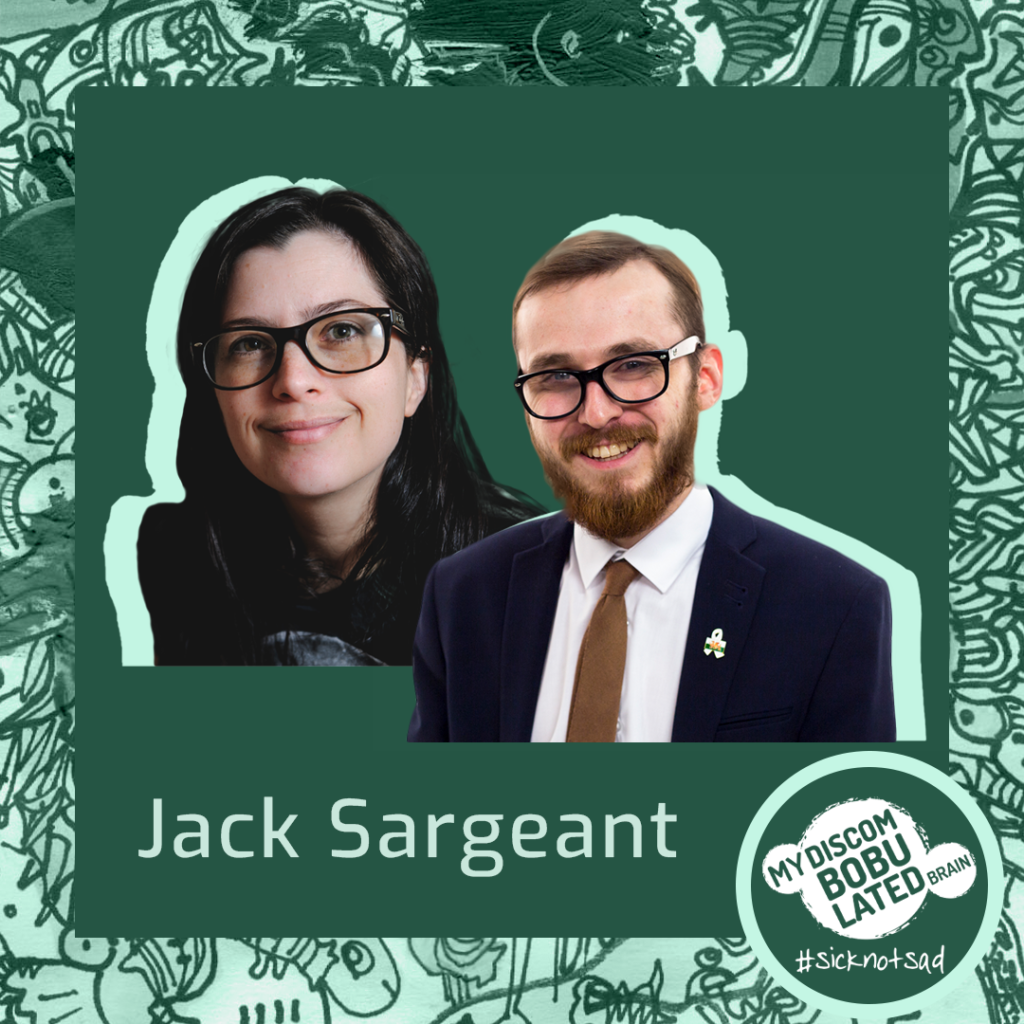
“The stress and strain of the last year has drained us all and is undoubtedly having a negative impact on our mental health, which if left unchecked can end in tragedy. That is why it is so important that we end the stigma and ensure that people feel comfortable talking about their mental health.
To encourage this, I have teamed up with Laura and the team at My Discombobulated Brain to get people talking about their mental health, with the simple message; it is OK not to be OK.
My Discombobulated Brain has been carrying out Mental Health drop-in sessions at The Pendragon Pub, Thornhill for over two years. Here, a team member will sit at a table and welcome anyone who wants to have a chat. The success of this has moved the charity to set up sessions at Newport County’s Bar Amber and they are currently carrying them out online and looking at the best way to roll these out across the country.
I have also been working with various football clubs across Wales, to spread the word that talking helps. Convincing players and staff from Newport County, Cardiff City, and my local team Connah’s Quay Nomads, to speak openly with me on camera and encourage fans to chat about their feelings.
Laura, the founder of My Discombobulated Brain, set up the charity to tackle the stigma of mental health head-on while offering a source of support and education. With the benefit of talking shown through real stories, shared across the charity’s Instagram page and website.
Courageous people using their own experiences to break down barriers is becoming more prominent across all social media platforms, Laura and I have similarly both been open and honest about our own struggles.
However, there are still whole sections of society where the stigma still exists, in groups who do not engage with campaigns which have done so much. Sadly, men are far more likely to die from suicide than women, with male workers in the building industry three times more likely than the male population in general.
So how do we go about reaching these hard-to-reach groups where the culture is not always one of engagement and is often one of “banter” that can sometimes tip over into bullying? Where talking about mental health is still considered taboo.
We believe the answer is to go to them and meet where they go to relax and talk – at football and the pub. Just as a reminder that no one is ever alone and the benefits of a simple chat.”
